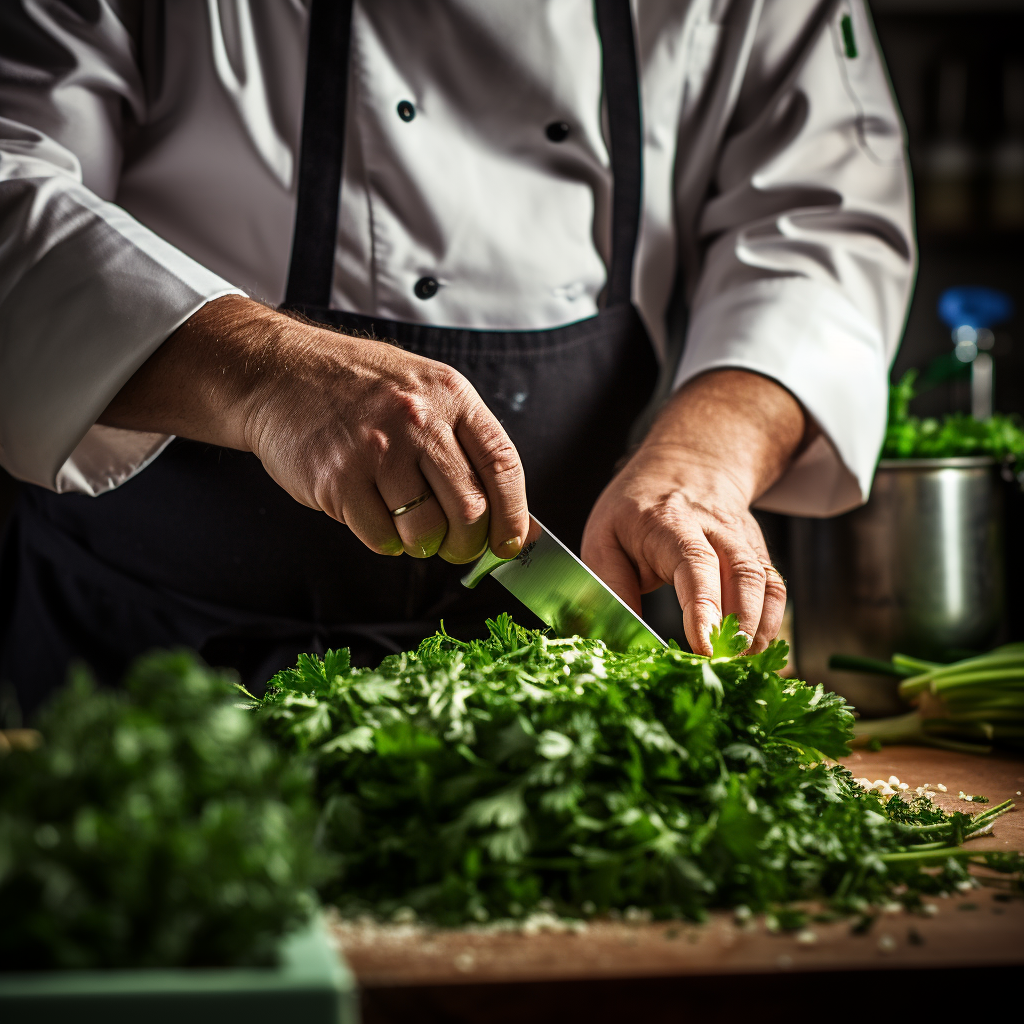Embarking on a journey into the world of cooking is not just about creating meals; it’s about mastering fundamental techniques that lay the foundation for culinary excellence. From the precision of knife skills to the artistry of sautéing and the mastery of roasting, understanding these techniques opens up a world of possibilities in the kitchen. In this article, we’ll delve into essential cooking techniques, providing step-by-step instructions and insight into why mastering them is crucial. Let’s unlock the secrets that chefs use to elevate their dishes and inspire your own culinary creativity.
- Knife Skills: Precision in Every Slice:
- Importance: Proper knife skills are the cornerstone of cooking. They enhance safety, efficiency, and the aesthetics of your dishes.
- How to Master: Practice holding the knife with a firm grip and use a rocking motion to chop. Learn various cutting techniques such as dicing, julienning, and chiffonading. Start with softer ingredients like herbs and gradually move on to vegetables and proteins.
- Sautéing: Quick and Flavorful:
- Importance: Sautéing allows for quick cooking over high heat, preserving the natural flavors and textures of ingredients.
- How to Master: Heat a pan with oil or butter, add ingredients, and cook swiftly while stirring. Ensure even cooking by keeping ingredients in constant motion. Experiment with different oils and seasonings to elevate the flavors.
- Roasting: Bringing Out Natural Flavors:
- Importance: Roasting enhances the natural sweetness and richness of ingredients, creating depth and complexity in flavors.
- How to Master: Preheat the oven, season ingredients with herbs and spices, and place them in a single layer on a baking sheet. Allow for caramelization by not overcrowding the pan. Rotate the ingredients for even cooking.
- Braising: Tenderizing Through Slow Cooking:
- Importance: Braising involves slow cooking in liquid, resulting in tender and flavorful dishes.
- How to Master: Brown the meat or vegetables in a hot pan, then add liquid (broth, wine, etc.) and simmer over low heat. This method is excellent for tougher cuts of meat, as the slow cooking breaks down connective tissues.
- Blanching: Preserving Color and Texture:
- Importance: Blanching involves briefly boiling vegetables, preserving their vibrant colors, and partially cooking them.
- How to Master: Bring a pot of water to a boil, add vegetables for a short period, then immediately transfer them to an ice bath to halt the cooking process. Blanching is ideal for maintaining the crunch and color of vegetables.
- Deglazing: Capturing Flavorful Fond:
- Importance: Deglazing involves adding liquid to a hot pan to dissolve and capture the flavorful bits stuck to the bottom (fond).
- How to Master: After sautéing or roasting, add liquid (wine, broth, etc.) to the hot pan and stir, scraping the bottom to release the flavorful bits. This technique enhances sauces and gravies.
- Emulsification: Creating Silky Sauces:
- Importance: Emulsification is the process of combining liquids that don’t naturally mix, resulting in smooth and well-blended sauces.
- How to Master: Commonly used in salad dressings and sauces, emulsification involves slowly incorporating one liquid into another while whisking vigorously. Mayonnaise and vinaigrettes are classic examples.
Why Mastering Cooking Techniques Matters:
- Consistency: Mastering techniques ensures consistent results in your dishes, allowing you to reproduce successful meals with precision.
- Efficiency: Knowing how to efficiently execute cooking techniques saves time and energy in the kitchen, making meal preparation more enjoyable.
- Creativity: Proficiency in cooking techniques opens the door to experimentation, enabling you to express your culinary creativity and invent new dishes.
- Confidence: As you gain mastery over fundamental techniques, your confidence in the kitchen grows. This confidence encourages you to explore more complex recipes and flavors.
Inspiration from Chefs:
Professional chefs emphasize the importance of technique as the backbone of exceptional cooking. Chefs often spend years honing their skills, understanding that a strong foundation allows for innovation and the creation of memorable culinary experiences. By studying the techniques employed by renowned chefs, home cooks can draw inspiration and elevate their own cooking endeavors.
Conclusion:
Embarking on the journey of mastering essential cooking techniques is an investment in culinary prowess and the joy of creating delicious meals. These techniques not only form the backbone of a well-prepared dish but also empower home cooks to explore their creativity in the kitchen. As you practice and refine your skills, you’ll find that the kitchen becomes a canvas for expressing your unique culinary style. So, roll up your sleeves, sharpen those knives, and embark on a journey of culinary mastery that will transform your home-cooked meals into delightful and impressive creations. Happy cooking!

